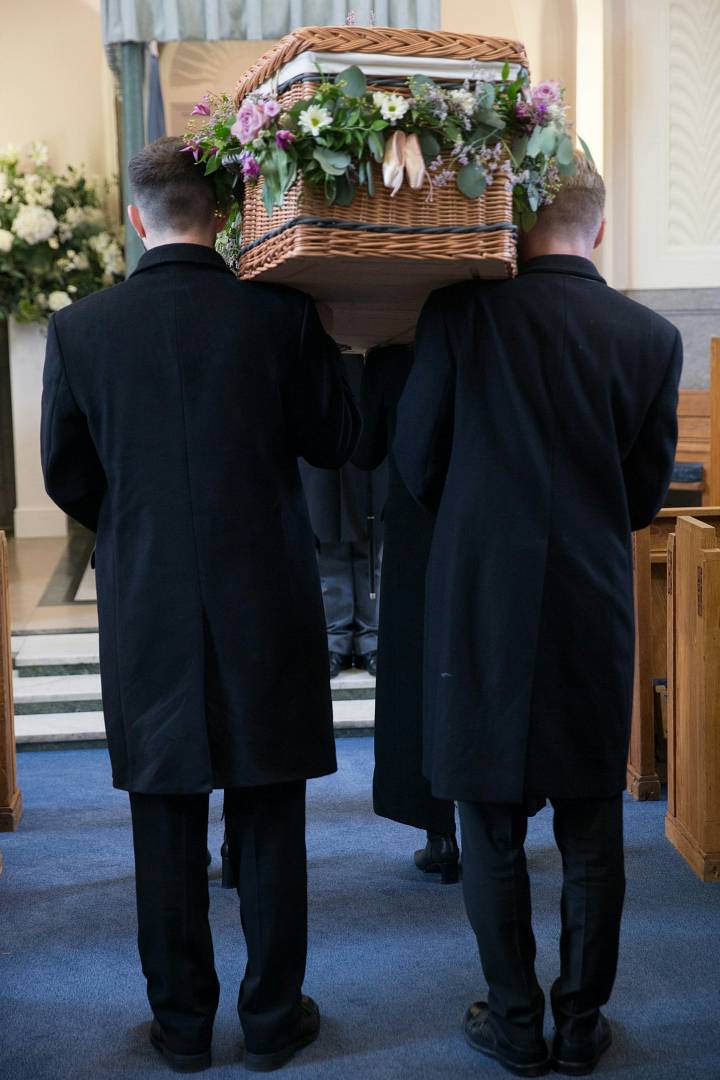Funerals are never easy occasions, and knowing what to wear can sometimes feel uncertain. While the focus should always be on paying respects and supporting family and friends, appearance does matter. Clothing is one of the simplest ways to show empathy, dignity, and awareness of the gravity of the moment. For men, this often means wearing a suit. But with changing traditions and modern lifestyles, what does it really mean to dress appropriately for a funeral today?
The Balance Between Tradition and Modern Style
Traditionally, funerals in the West have called for black suits, white shirts, and black ties. This is still widely accepted, but many people now recognize that funerals can vary depending on culture, religion, or even the wishes of the family. Some families encourage mourners to wear lighter tones or even brighter colors as a celebration of life. Others ask that attendees follow strict customs.
This shift means there is no longer one single rule. Instead, the key is to balance tradition with awareness. If the family has made specific requests, those should always come first. Otherwise, a dark and understated suit remains the most respectful choice.
Why Choosing the Right Suit Matters
A funeral is a formal event, and dressing accordingly shows both thought and care. Arriving in casual clothes, unless specifically requested, can unintentionally suggest a lack of respect. A well-fitted suit, polished shoes, and subtle accessories are small but meaningful ways of showing support during an emotional time.
This is not about fashion or standing out. It is about presenting yourself in a way that communicates sympathy and solidarity. A funeral suit helps create an atmosphere where the focus remains on the person being remembered and the family being supported.
How to Select the Right Suits for Funerals
When choosing a suit for a funeral, the most important factor is simplicity. Stick to dark tones such as black, charcoal, or navy. Avoid anything with bold patterns, shiny finishes, or unusual cuts. A two-piece suit is usually sufficient, but a three-piece can work if kept understated.
Shirts should be plain and light, typically white or pale blue. Ties should be conservative and ideally black or dark grey. Shoes should be clean, polished, and formal, such as Oxfords or simple lace-ups. Accessories such as cufflinks, watches, or belts should be subtle and classic.
Wearing suits for funerals takes away uncertainty. Having a dedicated suit for such occasions ensures you are always prepared, even when the circumstances are unexpected. It provides reassurance that your clothing will always be appropriate without needing to shop in a moment of grief.
Paying Attention to the Details
Small details matter when it comes to funeral attire. Socks should be dark and match the tone of the suit. Belts should be leather and simple in design. Avoid novelty ties, colorful pocket squares, or loud jewelry.
Hair and grooming also make a difference. Looking neat and presentable reinforces the message that you have made the effort for a solemn occasion. It is not about vanity but about respect for others.
If the funeral is outdoors, a dark overcoat or raincoat may be necessary. Hats are less common today but, if worn, should be plain and removed during the service. Scarves and gloves should also be neutral and understated.
Cultural and Generational Differences
Modern funerals reflect the diversity of communities, and generational attitudes can vary. Younger mourners may not always own a traditional black suit, but a dark and well-fitted alternative can still be appropriate. In multicultural settings, different customs may influence what is expected.
Some families now choose to frame funerals as celebrations of life, encouraging guests to dress in brighter colors or clothing that reflects the personality of the person being remembered. While this is less formal, it still requires care. Even in these cases, outfits should be tidy, respectful, and suited to the occasion.
The safest approach is always to follow guidance from the family or observe what others are wearing. When in doubt, choose understated over bold.
The Importance of Preparation
Few people like to think about funerals until the need arises. Yet owning a funeral suit in advance is practical and considerate. It spares you the stress of searching for appropriate clothing during a time when emotions are already heavy.
A good funeral suit also doubles as a general-purpose formal suit. With a different tie and pocket square, the same outfit can be worn to business events, interviews, or evening functions. This makes it a worthwhile investment in any wardrobe.
Tru Clothing’s Approach
At Tru Clothing, we understand that not all suits are purchased for celebration. Some are chosen for quieter, more reflective moments. That is why our collections include suits suited to funerals and formal occasions where dignity matters most. We focus on tailoring that is both comfortable and timeless, allowing men to feel confident without drawing attention away from the purpose of the day.
A suit for a funeral should not make a statement. Instead, it should quietly express respect, compassion, and presence. With the right suit, you can approach these moments knowing that your appearance will always be appropriate.
